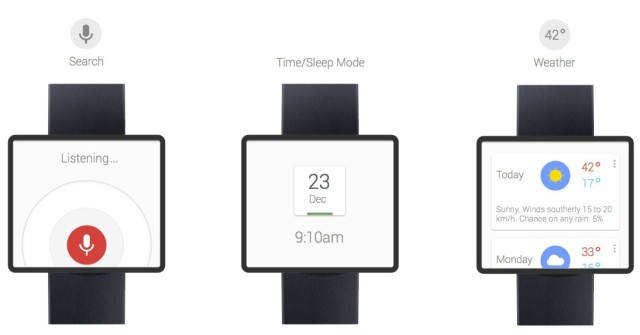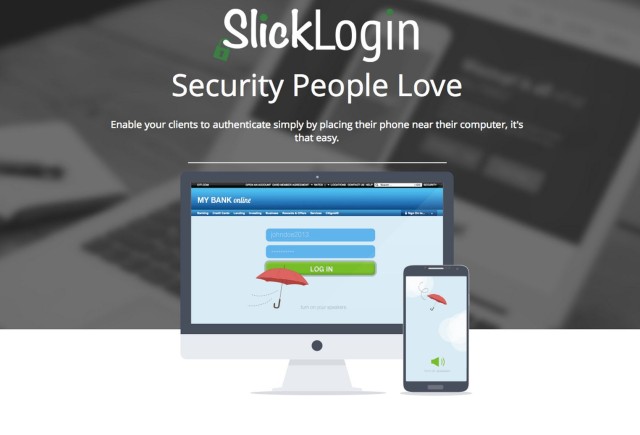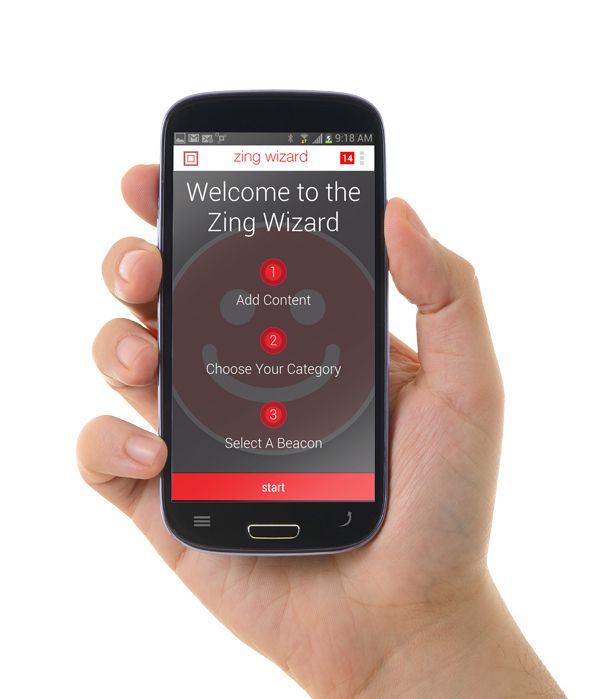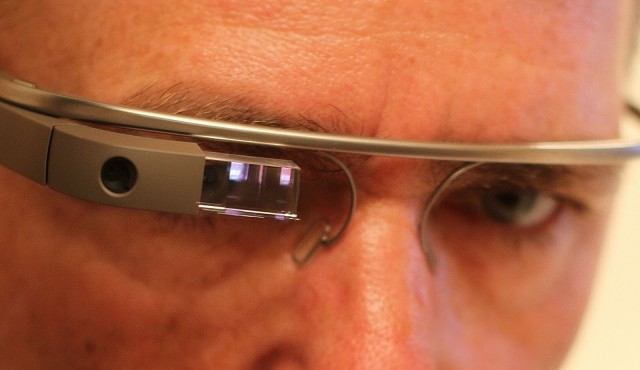The Wall Street Journal reported today that an Android-powered smartwatch is coming from LG and Google. The Journal’s source said other companies may also be involved, and that the device is likely to be unveiled at Google I/O, Google’s developer conference, which is scheduled to begin June 25.
According to the report, the watch will be integrated with Google Now.
The report didn’t specify the N word, but this information reeks of a quasi-reference design product in line with the Nexus strategy. It’s easy to imagine all this as a Nexus-branded smartwatch with all the core attributes of the Nexus lines of phones and tablets. Let’s go ahead and call it the Nexus Smartwatch.
So what are these Nexus attributes when applied to a smartwatch?







